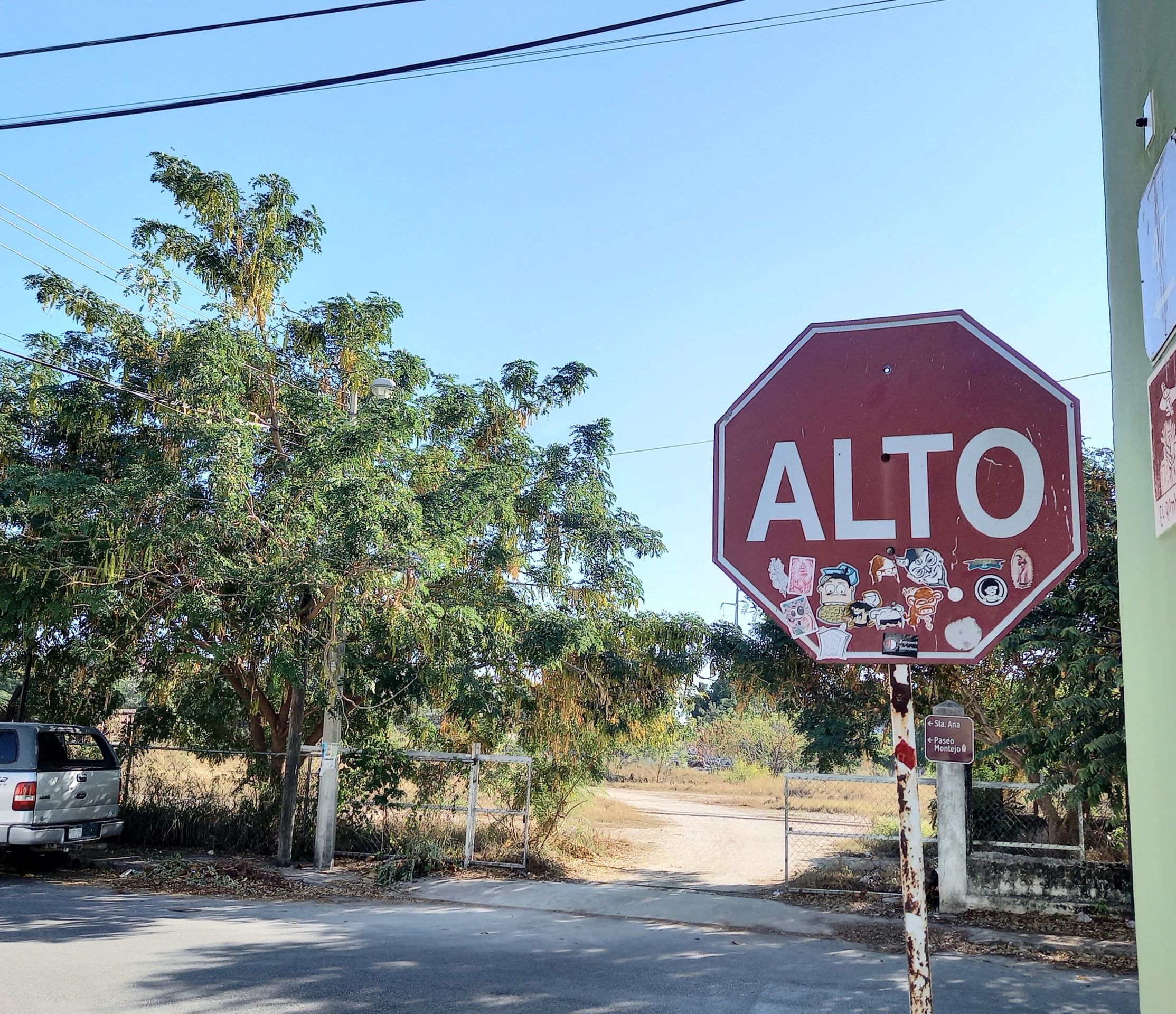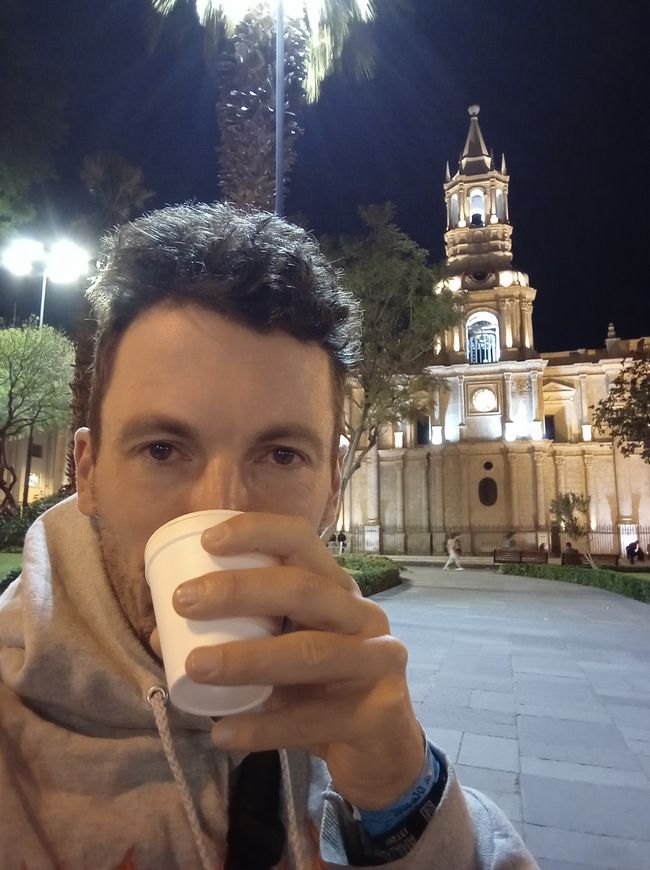
timeout
vakantio.de/timeout
Sucre, Bolivia's capital
Uñt’ayata: 05.04.2022
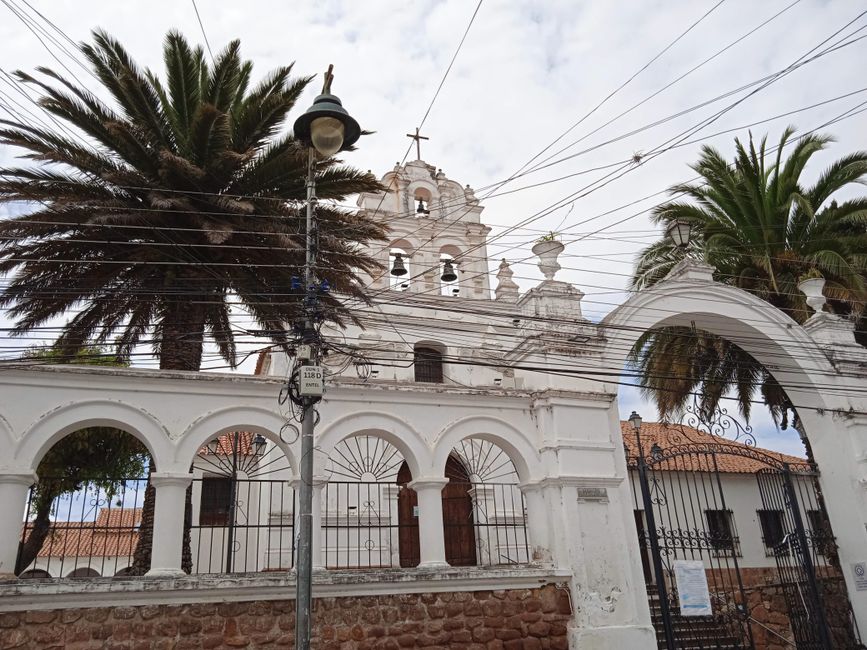
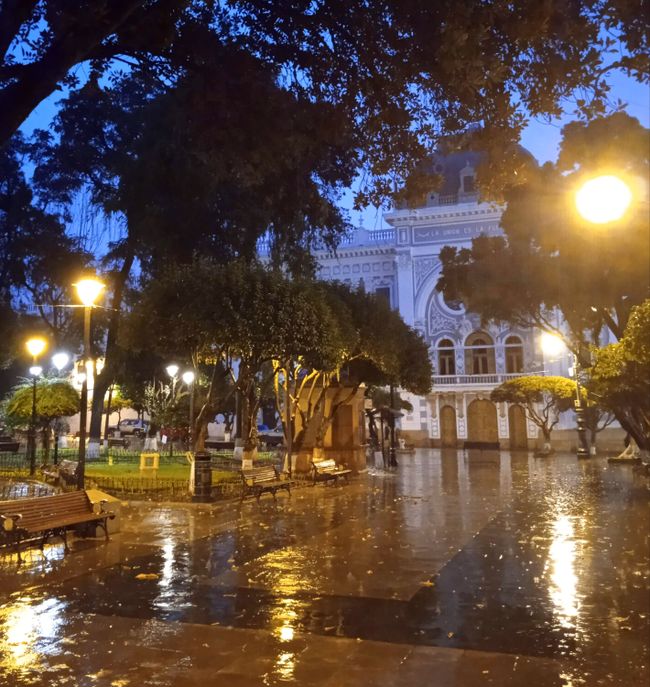
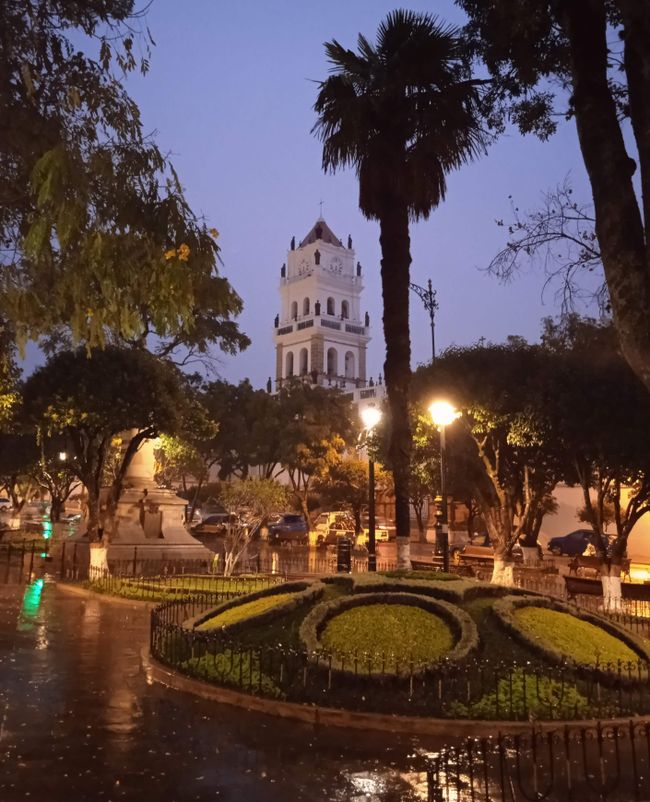
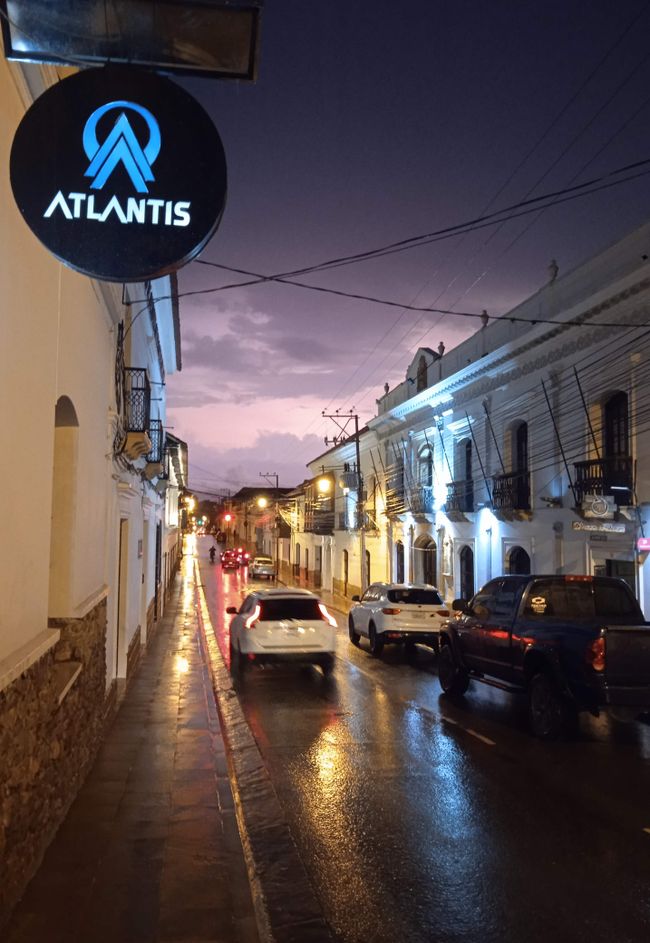
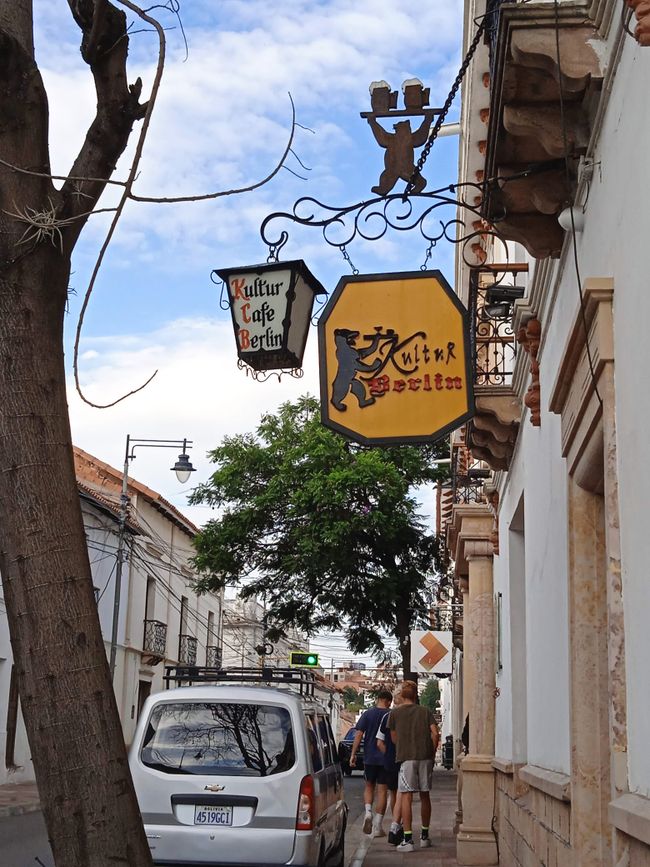
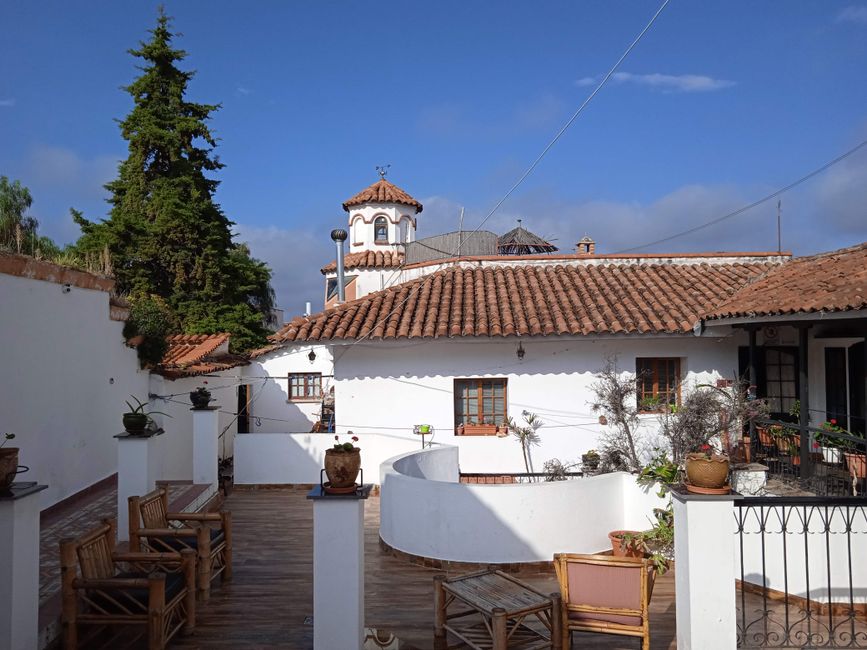
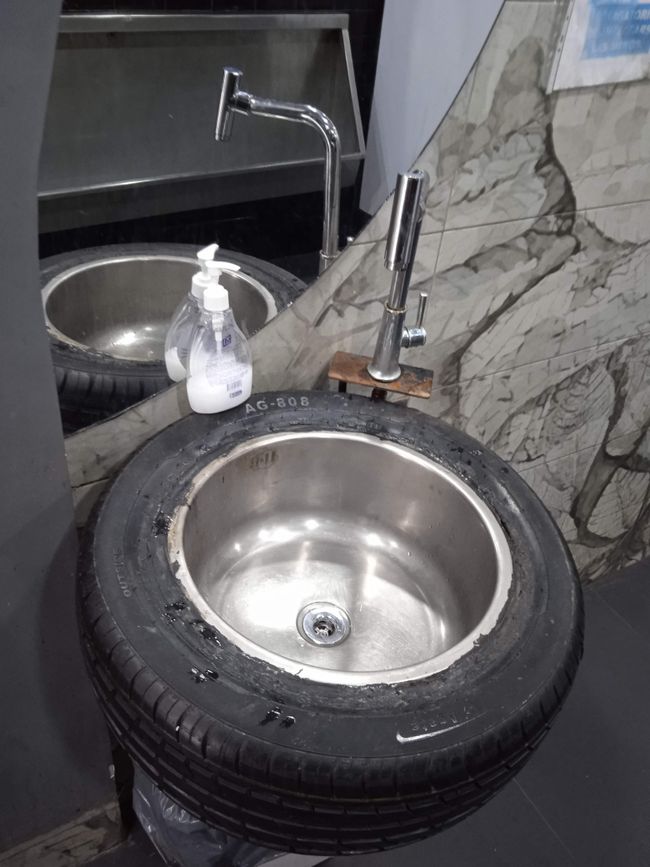
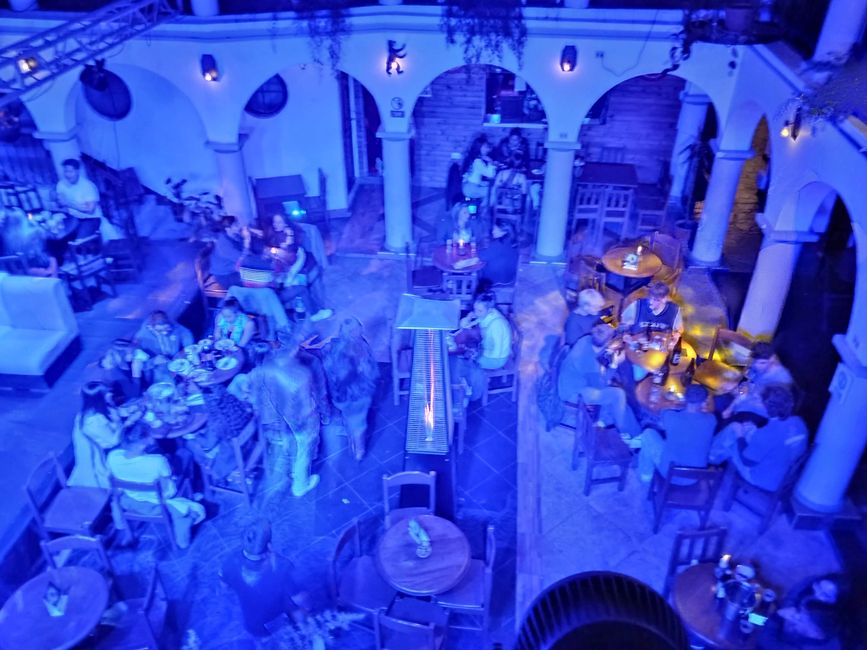
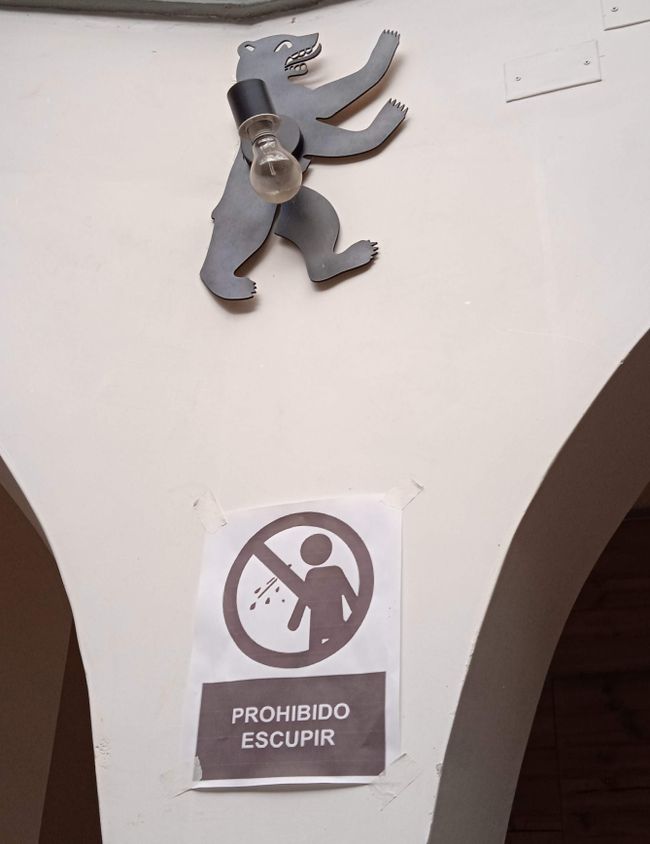
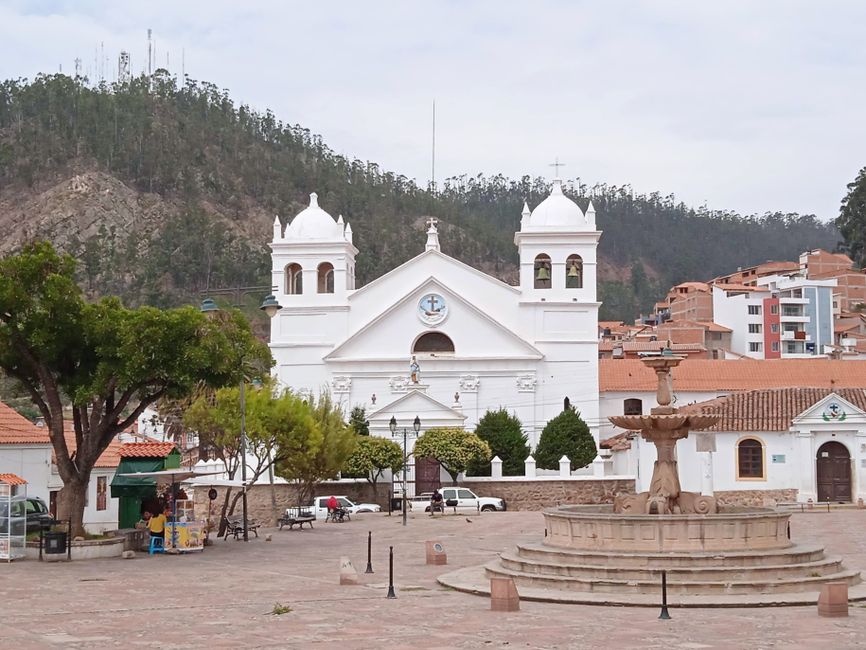
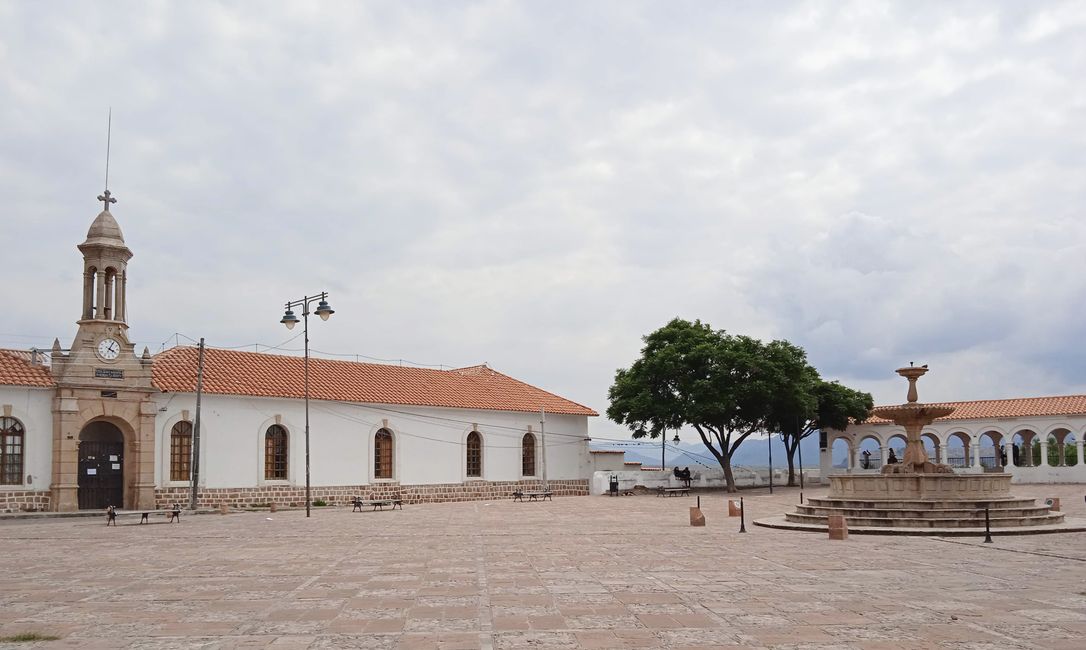
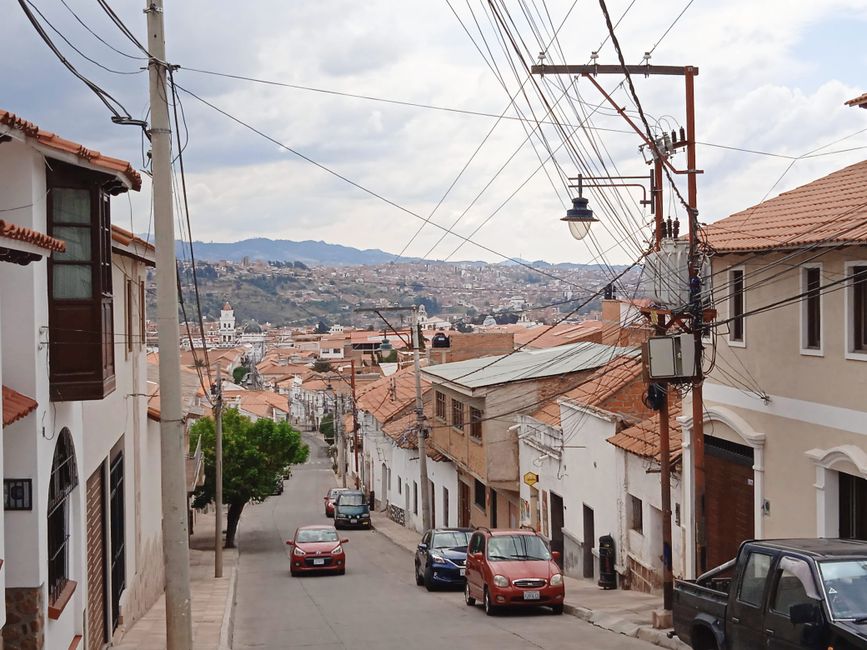
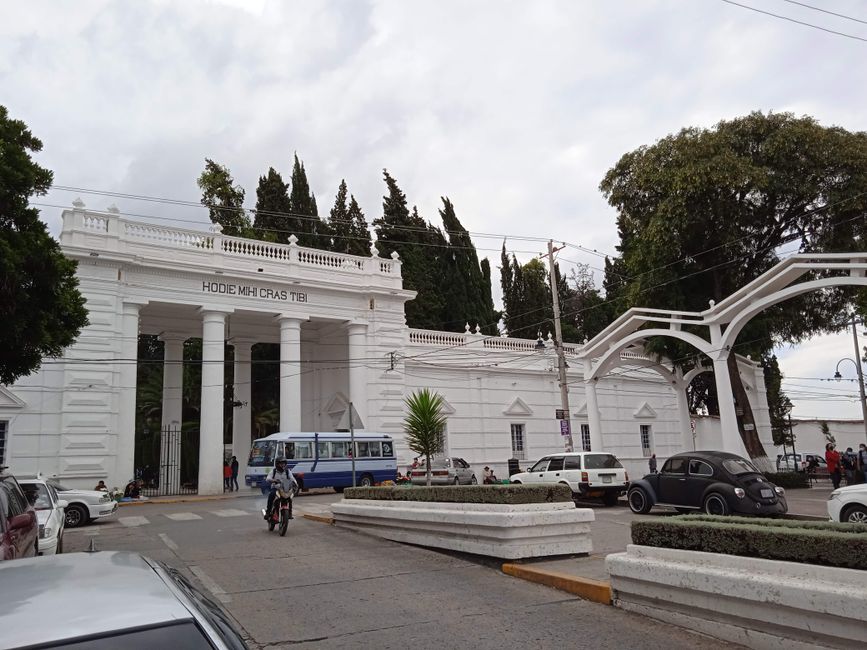
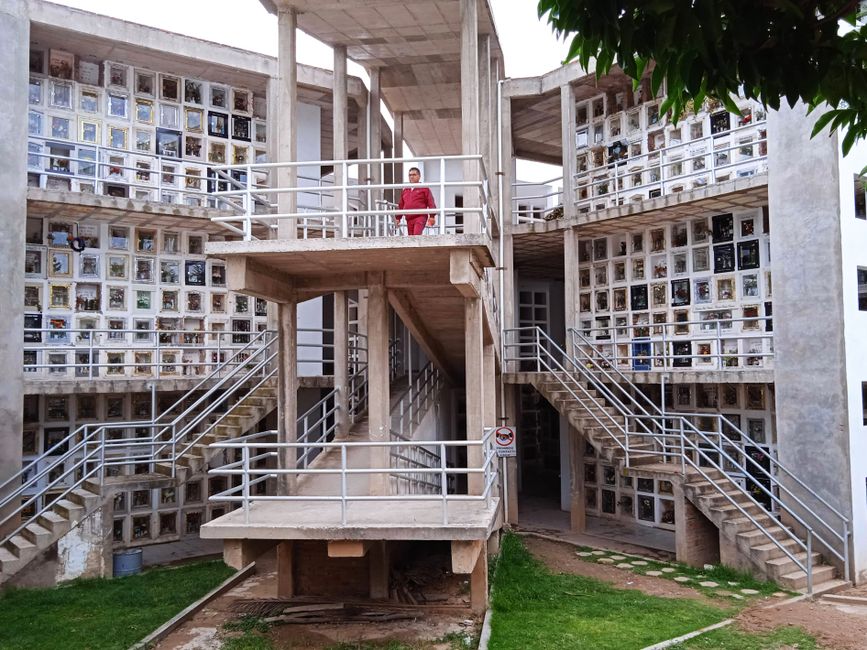
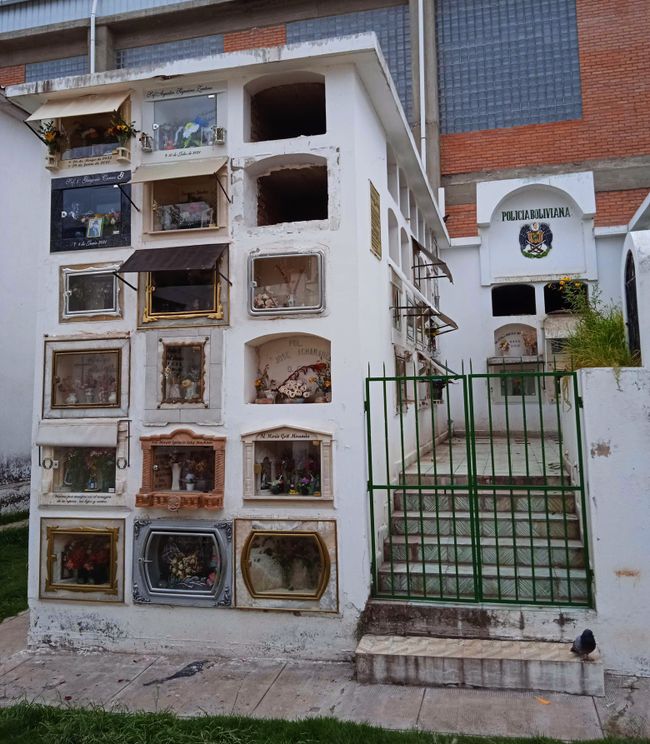
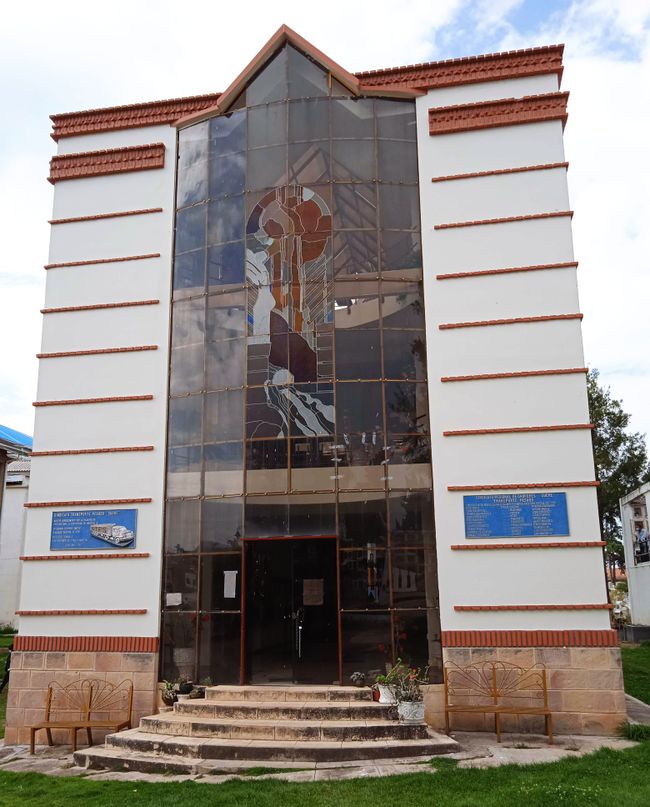
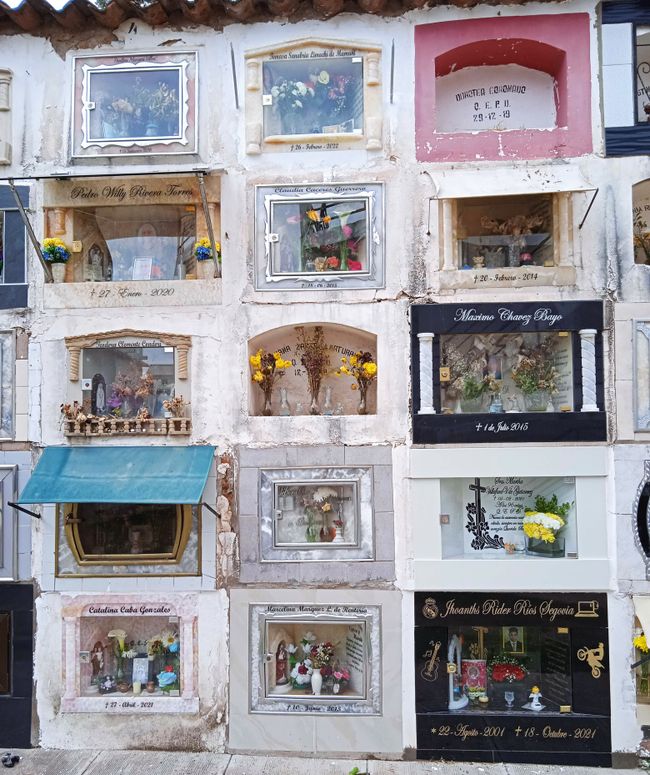
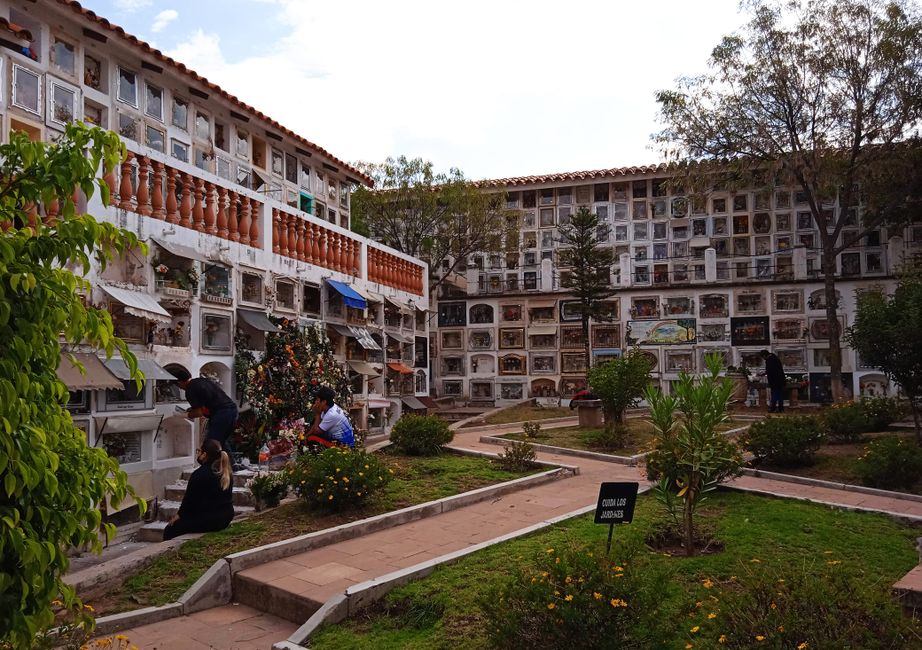
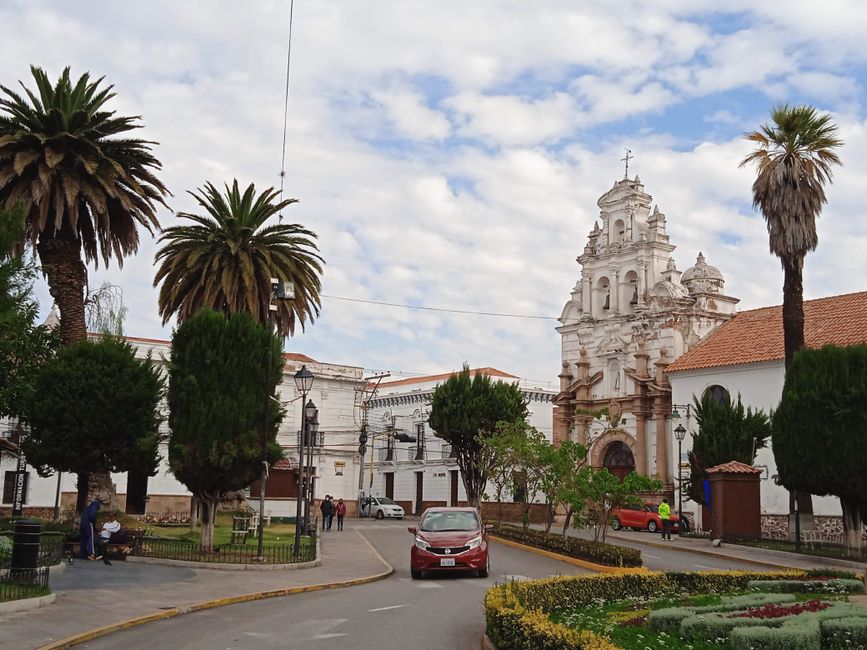
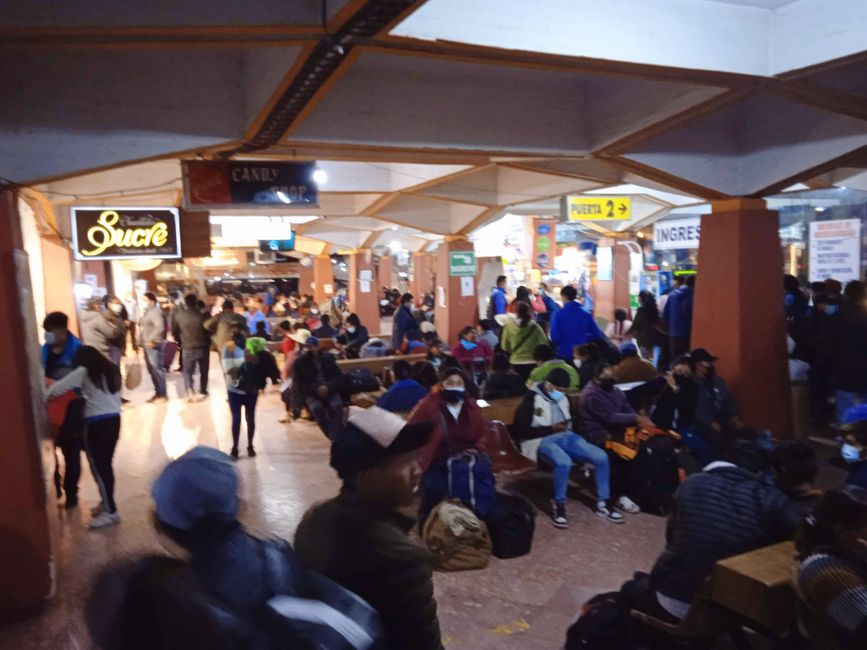
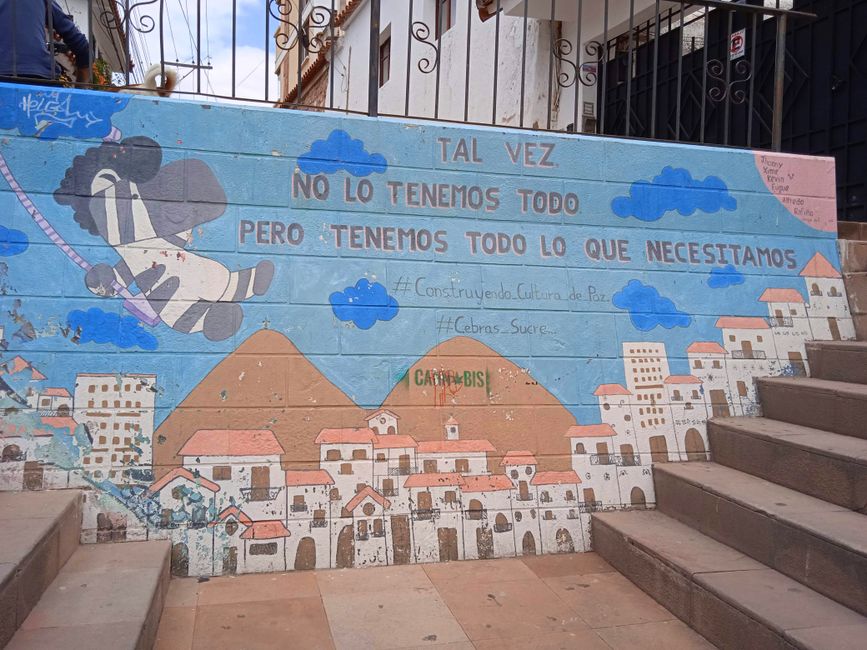
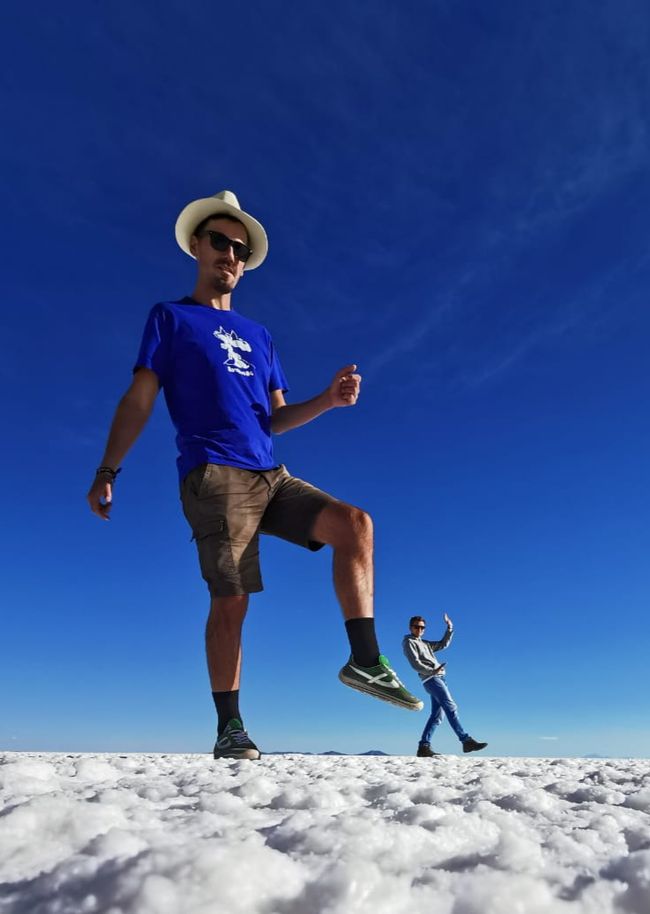
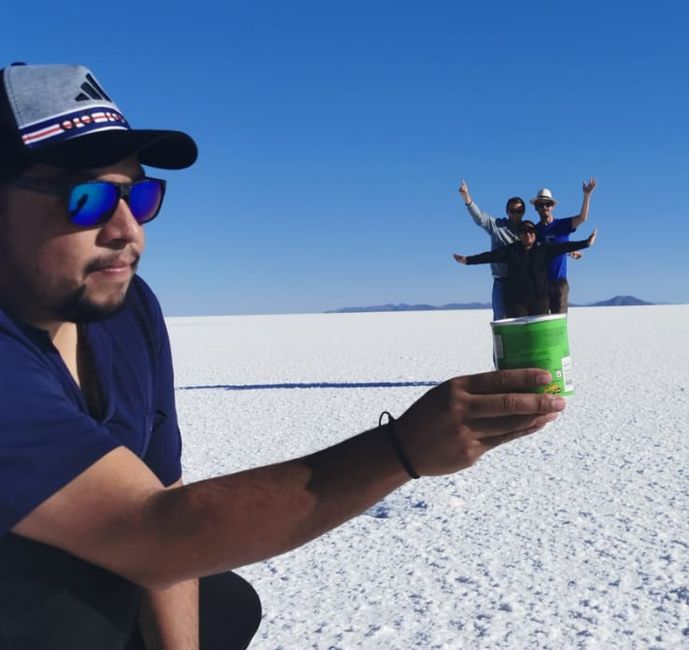
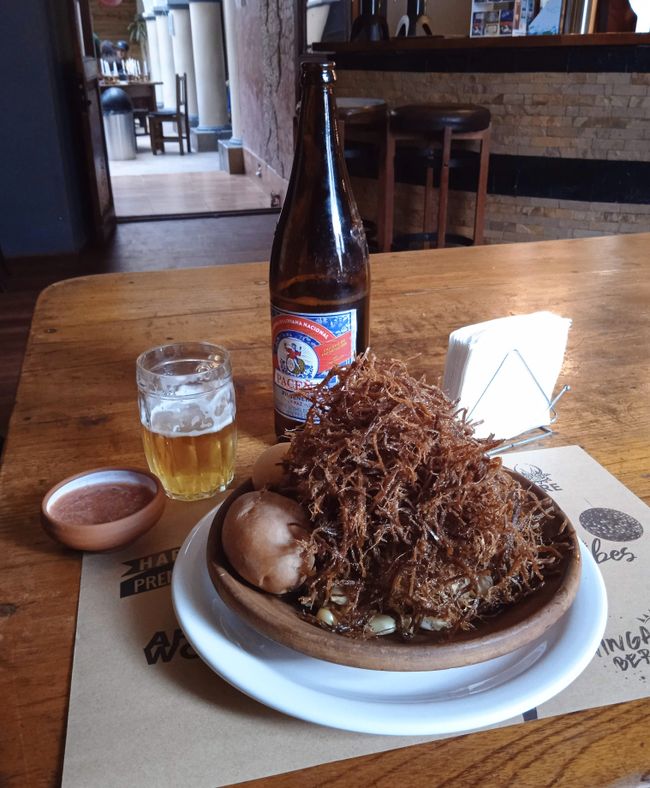
Yatiyäw qillqatar qillqt’asipxam
Many people equate speed with effectiveness. In that sense, I was extremely effective in Bolivia. Because on my third day, I reached Sucre, the capital city, before dawn on Saturday. Three days, three particularly worth seeing destinations, two night bus rides, and I saved myself time-consuming everyday tasks like sleeping in a bed or showering. That was about to change in Sucre.
Sucre was the actual capital of Bolivia, although the major political activities took place in the government seat of La Paz. While La Paz and its neighboring city El Alto showcased qualities of a metropolis, both positive and negative, Sucre impressed with its refined, colonial beauty. White baroque splendor, bourgeois tranquility, and pricing well above the typical level in the country characterized Bolivia's representative showcase city.
The city's name is derived from the independence hero Antonio José de Sucre (similar to the name of the US capital, Washington, or St. Petersburg/Leningrad). The silver rush in the 18th century brought a huge upswing to the city and the region, which is still visible in the cityscape today.
For me, Sucre also offered the opportunity to take care of practical matters, such as sleeping and showering. In addition, my short (holey) pants were falling apart, so a replacement was needed, and for the next border crossing, I needed a new Covid clearance certificate. What a glorious word?!
The hostel I chose, mainly due to a lack of alternatives, had the strange name 'Kultur Berlin'. The facilities and layout of the hostel were more than impressive, both in terms of professionalism and size. There were three courtyards, a stage, a beer garden, a restaurant, a dance hall, a kitchen, and plenty of staff. The owner of the hostel was a resourceful entrepreneur from Karlsruhe, with typical Baden charm, attention to detail and perfection, and a somewhat provincial appearance.
In conversation, he explained how almost all tourist offerings had come to an end during the long shutdown period. So, there were no more city tours in Sucre. Curiously, he eagerly listened to the travel experiences of the eagerly awaited tourists. To bridge the lean months, he developed the hostel into a nightclub, also with informal contacts with the local authorities, as he openly admitted. The evening musical entertainment may not have been everyone's cup of tea, but for me, it was not difficult to fall asleep.
With my Covid test in hand ('negativo'), I used Sunday for an extensive city walk. In the afternoon, I also visited the city cemetery, which impressed me profoundly. In Sucre, I gained special insights into Latin American burial culture. In addition to splendid mausoleums, the majority of the deceased were buried in multi-story aboveground concrete burial chambers (similar to a columbarium). The front served as a sort of shrine, where the bereaved commemorated their loved ones with flowers, pictures, kitsch, and often miniature drink bottles (cola, beer, and even rum). Afterwards, I continued to the Simon Bolivar city park.
Both the cemetery and the park were heavily used by locals on Sundays. Children frolicked around, and people greeted each other kindly.
In the late afternoon, I returned to my hostel, grabbed my things, and made my way to the bus station. It was time for another night bus ride.
Yatiyäw qillqatar qillqt’asipxam
Jaysawi
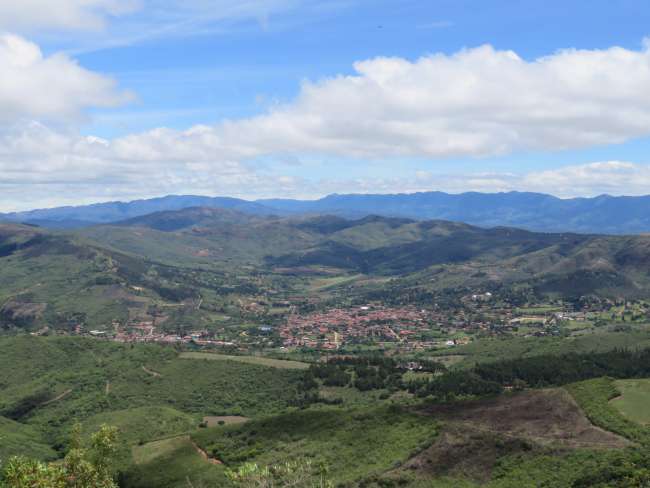
Viajes ukan yatiyawinakapa Bolivia markanxa
